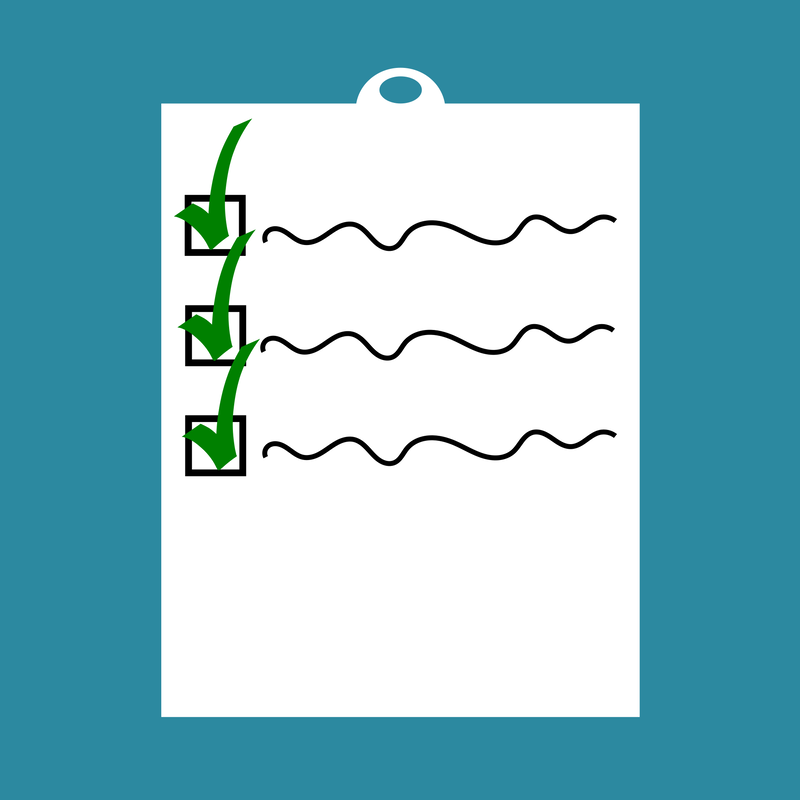Best Practices in Opening Multiple Amazon Seller Accounts
What to do if Your Account is Suspended as a Related Account?If your account is suspended, don’t try to appeal the suspension yourself. Call an expert. Only about 60% of these cases succeed, so it is important to give Amazon a solid plan of action. Don’t trust a template or a non-attorney. Call a qualified Amazon seller attorney.
|
|
- Reviews
- Amazon News
-
Our Services
-
Amazon Appeals| Reinstate Account
>
- Amazon Appeal Inauthentic Item Suspension
- Amazon Appeal ODR Suspensions
- Amazon Related Account Appeals
- Appeal Amazon Verification Suspension
- Amazon Restricted Product Appeals
- KDP and ACX Termination Appeals
- Merch by Amazon Termination Appeals
- Amazon Drop Shipping Policy Appeals
- FBA Reimbursement Abuse Suspensions| Appeals
- Amazon Relay Suspension Appeals
- Amazon Safety Complaint Appeals
- Sales Velocity Suspension Appeals
- Amazon Sales Rank Manipulation Appeals
- Amazon Price Gouging/Fair Pricing Suspensions Appeals
- Amazon Review Manipulation Suspension Appeals
- Amazon Variation Abuse Appeals
- Amazon Forged or Manipulated Documentation Appeals
- Amazon Listing (ASIN) Removal? Reinstate Listing
- Amazon Seller Fraud or Illegal Activity Deactivation Appeals
- Amazon Account Hacked Suspension Appeal
- Amazon Funds Appeal
- How to Open Multiple Amazon Seller Accounts
- How to Settle Amazon TRO and Release Funds
- How to Settle Proposition 65 Cases and Release Funds
- Amazon Arbitration Lawyers Sue Amazon and Win
- Amazon Brand Registry Support
- Amazon Intellectual Property Lawyers >
- LLC Formation for Amazon Sellers
- Ebay Suspension Appeals
- Walmart Suspension Appeal
- Appeal Closed or Limited PayPal Account
- Etsy Suspension Appeal
- Amazon Hijacker Removal Service
- Twitter Account Suspension Appeals
- Temu Seller Suspension Appeal
- TikTok Seller Suspension Appeal
-
Amazon Appeals| Reinstate Account
>
- Free Consultation
- About Amazon Sellers Attorney
- Amazon Suspension Prevention with Free Appeals
- Top Rated Patent Attorney | Free Consultation
- Terms and Conditions
CONTACT DETAILS:AMZ Sellers Attorney®
9350 Wilshire Blvd. suite 203 Beverly Hills, CA 90212 (Mailing Address) نتحدث العربية
Türkçe konuşuyoruz Nous parlons français 🇫🇷 Мы говорим по русски 🇷🇺 Se habla español 🇪🇸 我們說中文 🇨🇳 |
SERVICES:Amazon Appeals
Inauthentic Item Suspensions Multiple/ Related Account Suspensions Amazon Verification Suspensions Forged or Manipulated Documentation Defending Buyer Complaints Plan to Prevent Suspension Intellectual Property (IP) Law Reinstating ASIN Fraud or Illegal Activity Hacked Account Listing Hijackers DMCA Lawyers Amazon Arbitration |
PAYMENTS:We accept payments from all major credit cards and also by ACH transfer through BlueSnap. Our purchase currency is US Dollar (USD). Payments made through our site are secure.

|
AS REPORTED IN:
|
|
|
|
|
|
Copyright © 2024 AMZ Sellers Attorney ® All Rights Reserved. Privacy Policy





 RSS Feed
RSS Feed